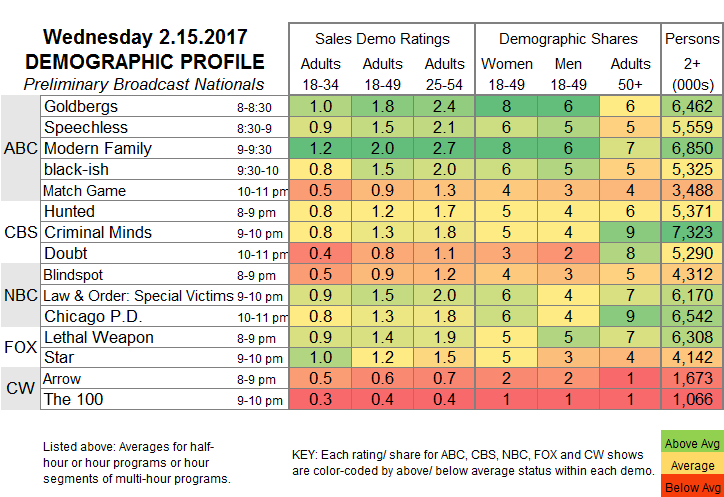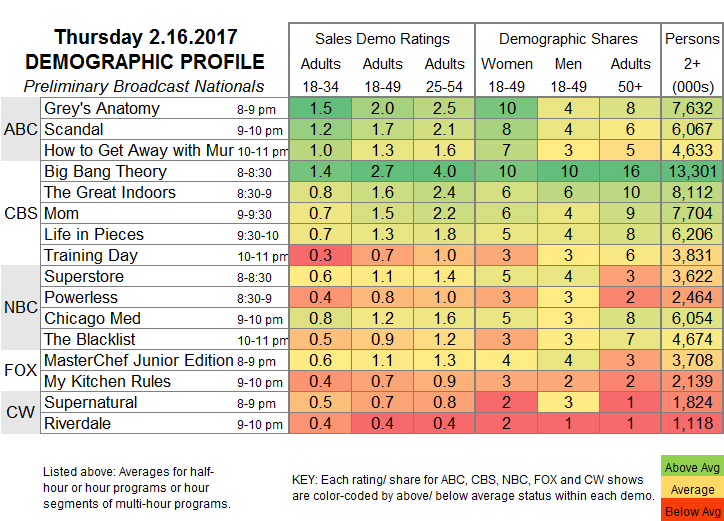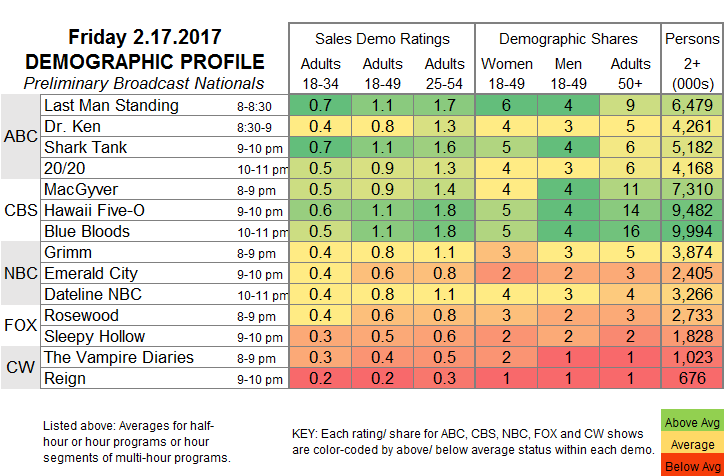morningbus
Serious Sam is a wicked gahbidge series for chowdaheads.
Deep Dive Regional Television Warning.
As a follow-up to a few posts I did a couple months ago about the channel affiliation shakeup happening in the Boston market (where Comcast pulled the affiliation from the local channel in favor of starting up its own channel with its own news team; the local channel, WHDH, switched to an all news format, producing over 80 hours of news a week):
The ratings are in for January for both stations and it appears the split hasn't really helped either too much. While this is specific to the Boston market, I do think there are important concepts that can be gleaned from this example, especially when trying to figure out why the CW has a hard time growing its audience when compared to similar smaller networks like Fox.
From the Boston Globe:
The picture is slightly more complicated over at WHDH:
The most important detail here is that NBC Boston's ratings are down .6 points during prime time from the same period last year. There's a few things that help account for this, one being that NBC has a new channel number and viewers may not be used to tuning to it, but the major culprit could be the weakness of the local news team. As for why this is complicated for WHDH, it's because while their ratings are down, they are now keeping 100% of the advertising money during their broadcasts.
I think this underscores why the CW has a hard time consistently measuring up to the big 3. Much like NBC Boston, CW affiliates are generally the newest stations in their markets and to my knowledge none of them have their own dedicated news team. These trappings, like morning shows, evening news, and late night shows help gather larger groups of people that can be advertised to and increase the chance of people just leaving their TVs set to a certain channel.
As a follow-up to a few posts I did a couple months ago about the channel affiliation shakeup happening in the Boston market (where Comcast pulled the affiliation from the local channel in favor of starting up its own channel with its own news team; the local channel, WHDH, switched to an all news format, producing over 80 hours of news a week):
The ratings are in for January for both stations and it appears the split hasn't really helped either too much. While this is specific to the Boston market, I do think there are important concepts that can be gleaned from this example, especially when trying to figure out why the CW has a hard time growing its audience when compared to similar smaller networks like Fox.
From the Boston Globe:
NBC Boston, officially WBTS-TV, debuted Jan. 1, but each of its local newscasts ranked dead last in its time slot for the month among the critical 25- to 54-year-old demographic prized by advertisers.
Its 5 p.m. and 6 p.m. news broadcasts in January drew an average of 5,555 and 9,340 viewers, respectively, while the ratings leader for those times, WCVB, drew 26,940 and 38,338 viewers. Some individual NBC Boston news broadcasts even registered a 0.0 rating on Nielsens scale, which measures the percentage of televisions in a market area that were tuned in to a particular show.
The primary bright spot for NBC Boston, besides popular programming such as the Golden Globes and NFL football games, is the Today show, which ranked first among 25- to 54-year-olds during the weekday 7-to-9 a.m. period.
The picture is slightly more complicated over at WHDH:
WHDH, meanwhile, is having trouble replacing the NBC content it lost. For example, substituting local news for the Today show caused its ratings share for weekday mornings to drop from 1.7 to 0.8.
The former NBC affiliate also saw ratings for its existing news broadcasts dip somewhat. WHDHs 6 p.m. news show fell from a first-place 1.8 rating to a second-place 1.3 rating, for example.
And while WHDHs new 8 p.m. Family Feud broadcast is performing well, the stations average evening prime-time rating throughout the week dropped from 2.5 to 0.8. NBC Boston, with its popular NBC shows, managed a 1.9 share during the same hours.
The most important detail here is that NBC Boston's ratings are down .6 points during prime time from the same period last year. There's a few things that help account for this, one being that NBC has a new channel number and viewers may not be used to tuning to it, but the major culprit could be the weakness of the local news team. As for why this is complicated for WHDH, it's because while their ratings are down, they are now keeping 100% of the advertising money during their broadcasts.
I think this underscores why the CW has a hard time consistently measuring up to the big 3. Much like NBC Boston, CW affiliates are generally the newest stations in their markets and to my knowledge none of them have their own dedicated news team. These trappings, like morning shows, evening news, and late night shows help gather larger groups of people that can be advertised to and increase the chance of people just leaving their TVs set to a certain channel.





